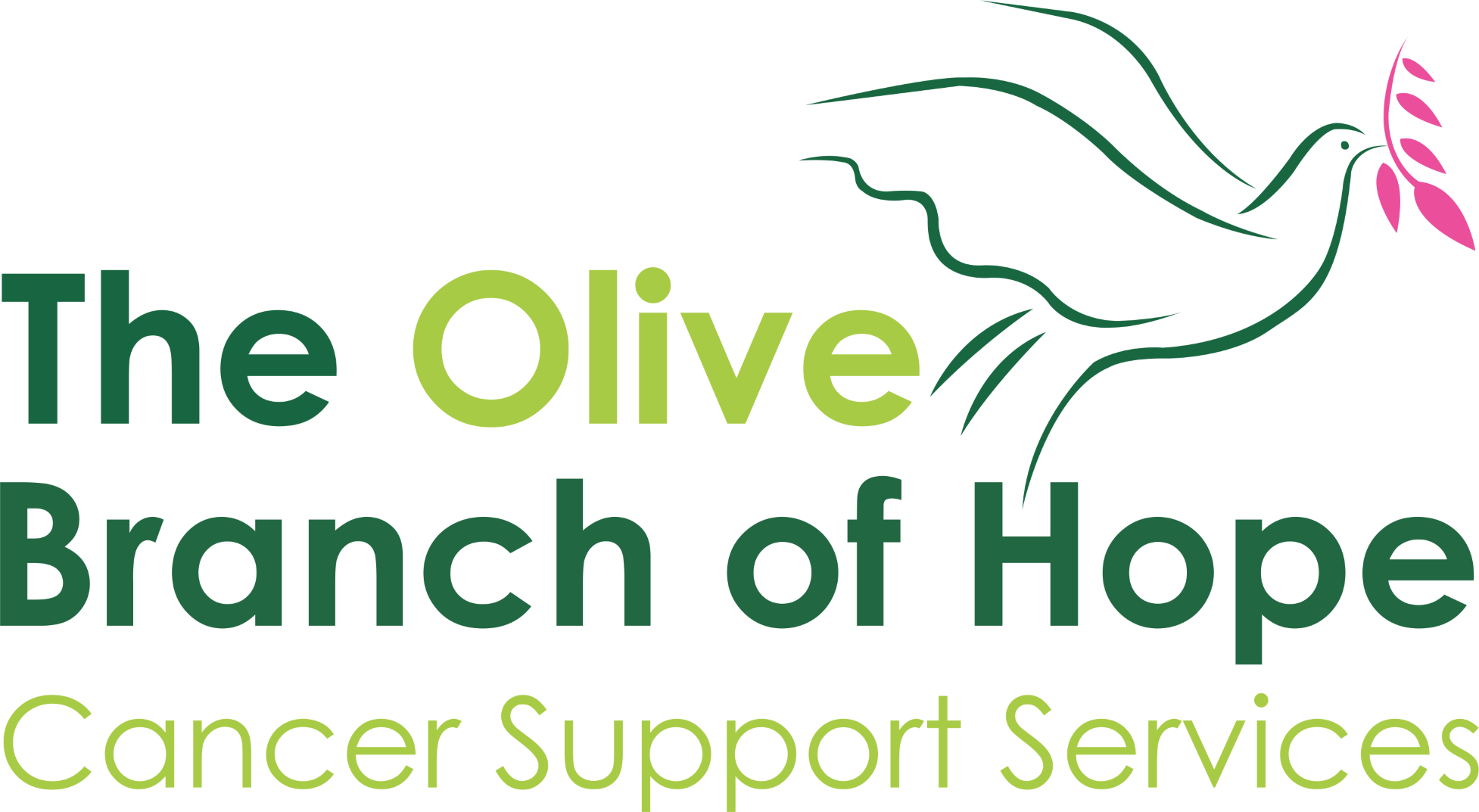Our Story
1. How We Began
The Olive Branch of Hope (TOBOH) launched in 2001 and was founded by Leila Springer and Winsome Johnson, two breast cancer survivors.
Their goal is to provide support and education to our diverse community and to help identify and remove the barriers that prevent individuals from accessing the available health care they need.
Leila is the past President of the World Conference on Breast Cancer Foundation which hosted its most recent international conference in 2011 TOBOH largely assists women of African-Caribbean Heritage affected by cancer and other women of culturally diverse backgrounds. They also work in partnership with health agencies to design programs, develop and distribute health information and facilitate activities to support underserved cultural communities in Canada and the Caribbean.
2.Our Vision
To be the leading resource centre for women of African Ancestry diagnosed and living with breast cancer.
Our Mission
- To create a safe place where women of diverse cultures can share their breast cancer experiences, be informed, empowered, inspired, and renew their hope for a better future for themselves and for future generations.
- To provide cultural resources, as well as information and healing techniques to help families cope after the diagnosis and throughout the treatment period.
Our Objectives
- Develop and implement culturally diverse programs to support those affected by cancer
- Expand the organization’s reach in serving an increased number of communities across Canada
- Increase funding and obtain a sustainable financial base to help drive the organization’s program growth
- Extend support to underserved developing countries in Africa and the Caribbean
3.Our Team

Leila Springer, Founder/Executive Director
Leila Springer is an Author, Life Coach, inspirational and motivational speaker, Breast Cancer Survivor, and community activist. She is a Co-founder of The Olive Branch of Hope (TOBOH), where she volunteers as Executive Director.
Leila has served on several boards and committees including the World Conference on Breast Cancer Foundation, where she served a total of five years as board member and later President. Leila also served on the steering committee for the Black Health Alliance organization.
Leila has also completed her memoir “So Glad I Made It” – her courageous journey with breast cancer, which later led to the establishment of The Olive Branch of Hope.
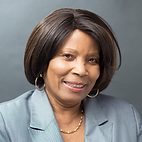
Winsome Johnson, Founder/Director of Supportive Care
Winsome Johnson is a Co-founder of The Olive Branch of Hope and a breast cancer survivor of over 23 years. Winsome courageously fought her stage four diagnosis with faith and strength, always knowing that hope must be kept alive.
Winsome Johnson is a businesswoman and owns a trucking service with her husband. She is also part owner of A-Supreme Nursing & Homecare Services and A-Supreme Wellness Centre. She continues to encourage others on the journey in her role with The Olive Branch of Hope as Director of Supportive Care. She not only oversees the group in Toronto, but also the Peel Region Brampton Outreach. She also holds a Bachelor of Theology degree from Charis Bible College & Seminary.
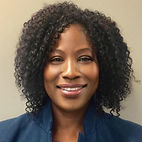
Donnaree Nairn-Tucker, Acting President
Donnaree is a licensed Life and Living Benefits advisor with RBC Insurance. Her commitment to community service led her to volunteer with The Olive Branch of Hope. As a former Adult Facilitator at a major financial company, she was involved in organizing community volunteer events, as she believes that its our responsibility to effect change in our community.

Sandra Snipe, Board Member – Secretary
Sandra is a Registered Practical Nurse and member of the Registered Practical Nursing Association. She is presently employed with Toronto East General Hospital for the past fifteen years. Sandra has volunteered with The Olive Branch of Hope for three years prior to becoming a board member.
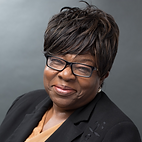
Yvonne Salmon, Board Member – Acting Treasurer
Business Owner, Group Leader, Outreach Minister, Chaplain, Mentor, Teacher & Community Volunteer are all proficiencies that Yvonne possesses. She is a mother of two children and grandmother of five.
Yvonne is also a colon cancer survivor. She gives all the glory to God, as she states “He promised to take care of me during my time of illness. As God took care of me, I am able to take care of His people through The Olive Branch of Hope. He has promised to take care of us all”.

Dr. Blessing Bassey-Archibong, Board Member – Director
Blessing holds a B.Sc. degree in Genetics and Biotechnology from the University of Calabar, Nigeria, an M.Sc. degree in Biotechnology from the University of Manchester, UK, and a Ph.D. degree in Biology with specialization in Genetics and Molecular Biology from McMaster University, Canada.
She currently works as a post-doctoral fellow in the laboratory of Dr. Sheila Singh at the McMaster Stem Cell and Cancer Research Institute. Blessing’s Ph.D. research was principally focused on unraveling the molecular factors responsible for triple negative breast cancer aggressiveness and prevalence in women of African ancestry, while her current project is focused on understanding the molecular factors behind why certain cancers frequently metastasize to the brain.
4.Our Research Partners
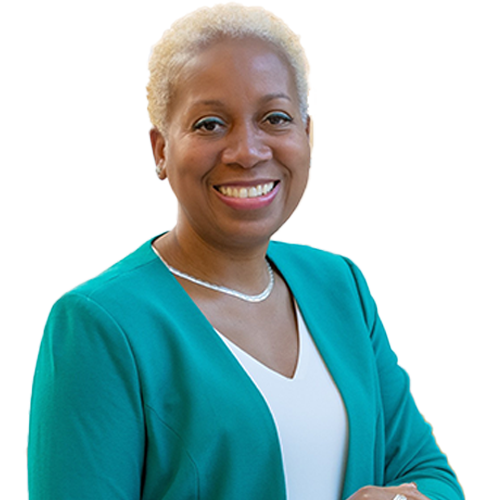
Dr. Juliet Daniel
Dr. Juliet Daniel is a Professor in the Department of Biology at McMaster University. Dr. Daniel received her B.Sc. from Queen’s University (Kingston), her Ph.D. from UBC (Vancouver), and completed postdoctoral fellowships at St. Jude Children’s Research Hospital and Vanderbilt University in Tennessee. At McMaster, Dr. Daniel’s research team focuses on understanding how disruptions in cell-cell adhesion and signaling through transcription factors contributes to breast cancer initiation and progression.
Dr. Daniel is most interested in the aggressive triple negative breast cancer subtype, TNBC, which is associated with poor prognosis due to an absence of specific therapies. Intriguingly, young pre menopausal women of African ancestry have a higher TNBC prevalence and mortality compared to other ethnicities despite a lower incidence and lifetime risk of breast cancer. Since socio-economic status does not fully explain the racial disparity in TNBC prevalence and mortality, Dr. Daniel seeks to identify unique biomarkers or gene mutations that may explain this racial disparity.
Her team will utilize genetic, genomic, molecular and cell biology techniques to analyze TNBC tissues from populations of shared African ancestry (Caribbean and West Africa) to identify genetic risk factors that can be used as biomarkers to diagnose or develop therapies for TNBC patients worldwide.

Dr. Aisha Lofters
In addition to her position at DLSPH, Dr. Lofters is a family physician with the St. Michael’s Hospital Academic Family Health Team and a scientist with the Li Ka Shing Knowledge Institute of St. Michael’s Hospital. She is an assistant professor at the University of Toronto in the Department of Family and Community Medicine and an adjunct scientist at the Institute for Clinical Evaluative Sciences.
She currently holds a Career Development Award in Prevention from the Canadian Cancer Society Research Institute. Her research interests include cancer screening, immigrant health, and health equity, using a broad range of methods including secondary database analysis and community-based participatory research.
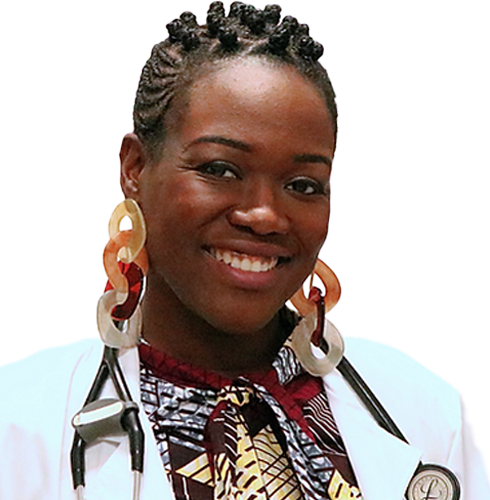
Dr. Onye Nnorom
Dr. Onye Nnorom is a Family Doctor and a Public Health & Preventive Medicine specialist. She practices at TAIBU Community Health Centre, in Scarborough and is the Primary Care Lead for the Central East Regional Cancer Program (Cancer Care Ontario), providing leadership on matters of cancer prevention and care to primary care physicians in the region.
She is also the Associate Program Director of the Public Health & Preventive Medicine Residency Program at the University of Toronto and holds a cross-appointment in the Department of Family and Community Medicine.
Dr. Nnorom completed her medical degree at McGill University and then completed a Masters of Public Health (Epidemiology) and residency training at the University of Toronto. Being of Nigerian and Trinidadian heritage, she is particularly interested in immigrant health, and Black community health and wellness. Her main area of interest is in the prevention of chronic diseases, particularly cancer.
TOBOH Ambassadors
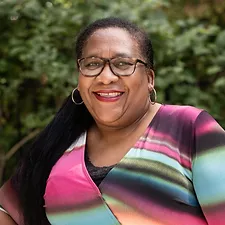
June Buckle
Ambassador
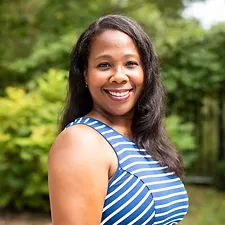
Shireen Spencer
Ambassador
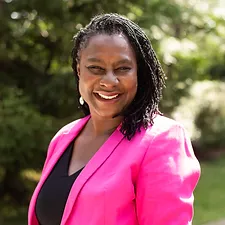
Patricia Russell
Ambassador
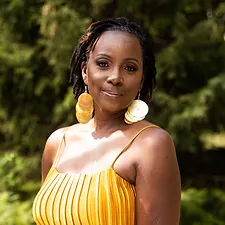
Dawn Barker
Ambassador
